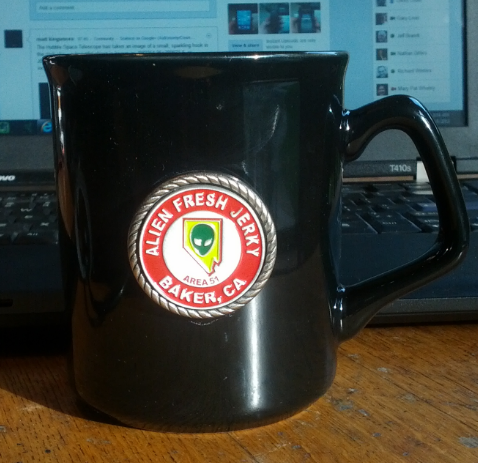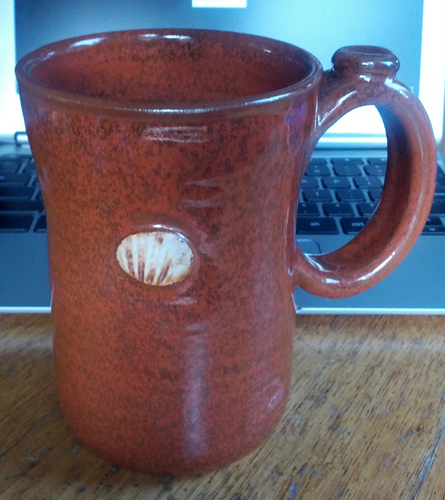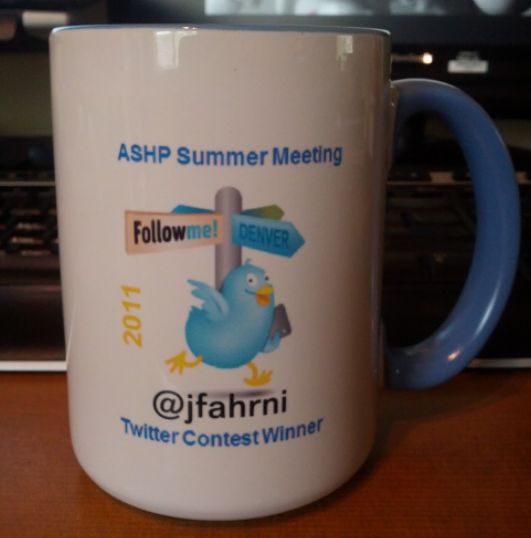 Earlier this week I put up a post about a Prezi created by Dr. Robert Hoyt called Evidence Based Health Informatics: Replacing Hype with Science. It was a great presentation about a lot of the technology that healthcare has adopted over the years without any real evidence to back it up. I wish you could all see it, but it appears that someone has pulled it down. The link I have for the Prezi is dead. Bummer
Earlier this week I put up a post about a Prezi created by Dr. Robert Hoyt called Evidence Based Health Informatics: Replacing Hype with Science. It was a great presentation about a lot of the technology that healthcare has adopted over the years without any real evidence to back it up. I wish you could all see it, but it appears that someone has pulled it down. The link I have for the Prezi is dead. Bummer
Anyway, the Prezi got me thinking about how we have many technologies in pharmacy that have precious little, or no data to support their use. We use carousels, high-speed packagers, tabletop packagers, robotic medication distribution, robotic IV preparation along with other IV room technologies, smart IV pumps, automated storage cabinets, and so on. The data we do have for these items is typically provided by the manufacturer’s themselves, which makes it biased in the best of situations and completely worthless in the worst cases.
Pharmacy is in desperate need of an academic center for the study of pharmacy automation and technology. The center would study the use of pharmacy technology in different use cases, collect data, and provide the pharmacy community with the information. Look at robotics versus carousels for distribution. Analyze cross contamination in high-speed packagers versus tabletop models. Perform time-motion studies on cart fill vs. automated dispensing cabinets for medication distribution, and compare the safety of one over the other. Analyze pharmacy inventory costs of one technology over the other. And so on, ad infinitum.  Conclusions wouldn’t be necessary as simply presenting the information in an easy to understand format would suffice. Let the end users draw their own conclusions. Every practice setting is slightly different, and what may work for one may not work for another. But understanding how a piece of technology or automation fits into a particular practice model might be a significant benefit to many.
The center would tear the automation and technology apart, both figuratively and literally to unveil all there is to know about each and every piece.
Such a place would have to exist at a well respected academic research center as it is the only way to ensure some semblance of impartiality.
How would it be funded? Ah, there’s the rub. Getting funding for such an endeavor would be difficult at best. A lot of this equipment is expensive. Of course the best place to troll for money would be the pharmacy technology vendors themselves. After all, they have all the equipment that would be needed to perform the research. Unfortunately this is unlikely to happen as most companies will not be willing to drop resources into a project that they have no control over. What if the outcome of such research reflected poorly on their products? That would not only be embarrassing, but could potentially hit them in the pocketbook. No, they couldn’t risk it. How about the federal government? Perhaps, but that might be like getting blood out of a turnip these days.
Getting the equipment and funds would definitely be the hardest part. There’d be no shortage of pharmacists interested in doing that type of work. What pharmacist could resist playing with giant toys all day long?
Time to get out my crayons and start drafting a proposal….





